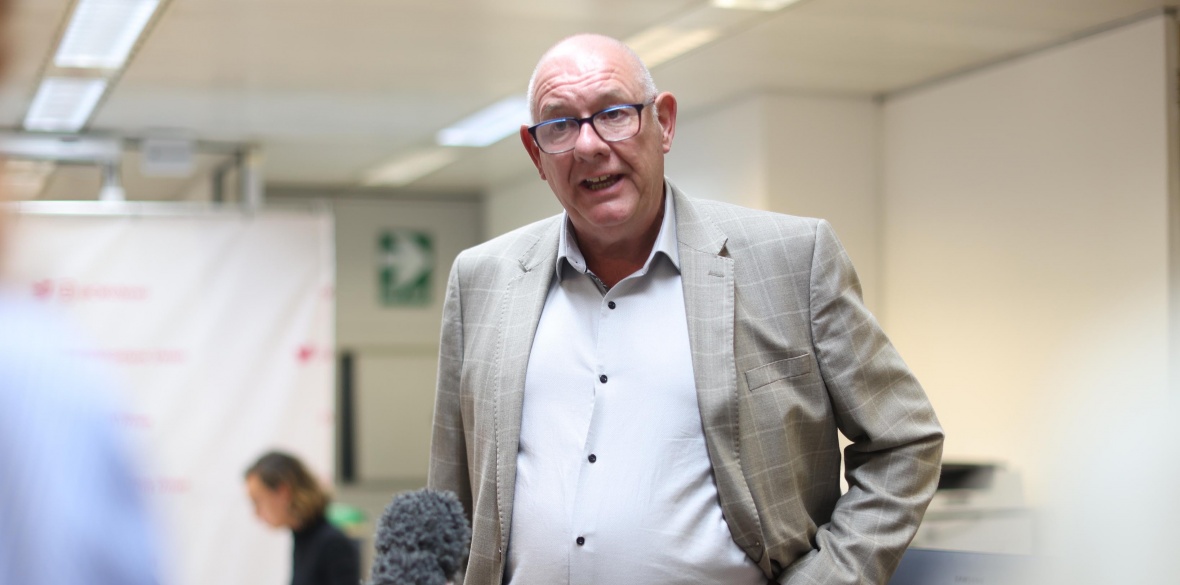This is the last article you can read this month
You can read more article this month
You can read more articles this month
Sorry your limit is up for this month
Reset on:
Please help support the Morning Star by subscribing here
BRITAIN faces its first ever national call centre strike as comms workers voted to walk out over the BT group’s “unjust, unsustainable” attempt to impose a below-inflation flat rate pay increase.
Workers at BT and engineers at Openreach voted to strike by 91.5 and 95.8 per cent respectively, on turnouts of 58.2 and 74.8 per cent. If strikes go ahead they will be the first at BT since 1987.
“For the first time in nearly four decades, we are faced with national level strike action across BT Group,” Communication Workers Union general secretary Dave Ward said.
He praised workers for delivering a strike mandate despite the challenges of home working, high staff turnover and a “culture of fear” created by senior management.
Mr Ward said: “I want to pay specific tribute to our members in BT, who have voted for the first and biggest national call centre workers’ strike in British history.
“Call centre workers are some of the most casualised and isolated workforces.
“They are notoriously difficult to organise, and the unprecedented vote they have taken today demonstrates the anger so many people feel in this country today.
“These workers kept the country connected during the pandemic. Without CWU members working across BT Group, there would have been no home-working revolution.”
The strikes are likely to disrupt broadband services across Britain.
A flat £1,500 raise per employee was imposed by BT Group earlier this year, worth between 3 and 8 per cent depending on grade according to the firm, and well below RPI inflation which hit 11.7 per cent last month.
Yet the firm posted £1.3 billion in profit last year and its CEO Philip Jansen’s pay package rose from £2.6-3.5 million in the last year – a 32 per cent rise. Over £700m was paid out to shareholders in dividends.
“We will not accept seeing workers use foodbanks while chief executives use Swiss banks,” Mr Ward declared.
Deputy general secretary Andy Kerr said that the union remained open to talks if BT would remove its “weak, insulting pay imposition” and come forward with a fresh offer.
Staff at mobile phone network EE, also part of the BT Group, voted by 95 per cent for strike action — but turnout at 49.7 per cent fell just shy of the arbitrary threshold imposed in the 2016 anti-union laws.












